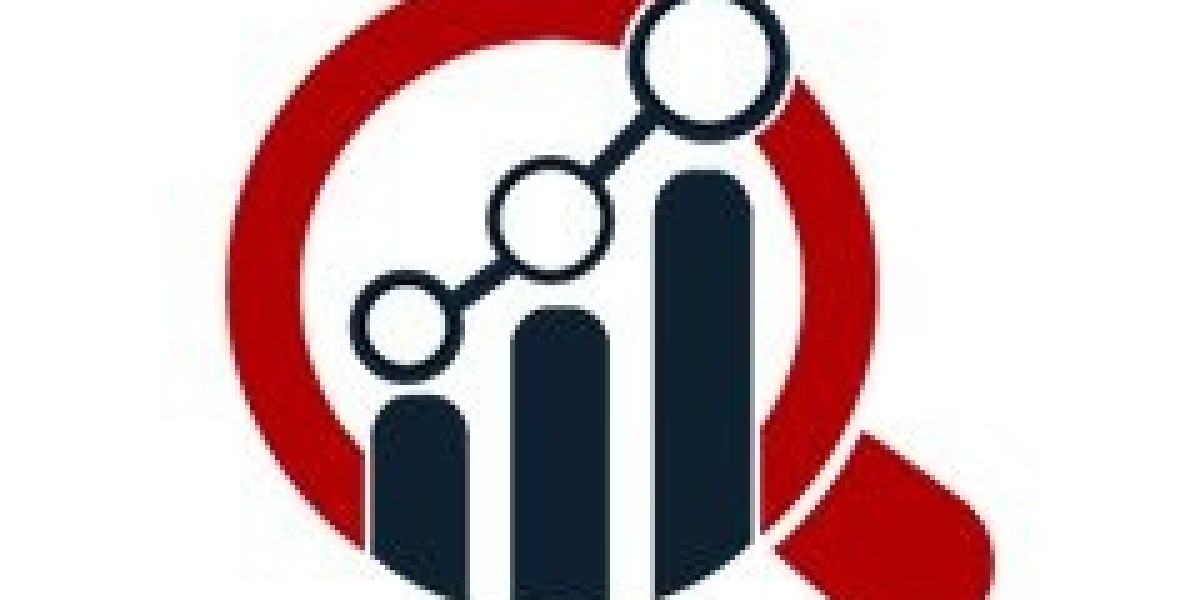Herbal Remedies in the Headlines: Promise and Peril
Herbal medicinal products are increasingly gaining traction globally, but recent news highlights both their potential and the crucial need for careful regulation and informed usage.
Global Market Booming, Driven by Health Consciousness
A recent report indicates a significant surge in the global herbal medicine market, projecting revenues to reach a staggering USD 533.6 billion by 2033, with an impressive annual growth rate of 11.2%. This growth is fueled by rising health consciousness, a growing preference for plant-based remedies for chronic conditions, and the integration of traditional medicine systems with modern healthcare. Notably, a study published in the Asian Pacific Journal of Cancer Prevention suggests that herbal medicine can significantly improve the quality of life in cancer patients.
Innovation and Collaboration Drive Advancements
The herbal medicine sector is witnessing substantial investments in research and development, alongside strategic partnerships that blend traditional knowledge with modern scientific methods. Initiatives like the WHO Global Centre for Traditional Medicine in India are bridging the gap between traditional practices and contemporary healthcare. Organizations like the European Scientific Cooperative on Phytotherapy (ESCOP) are harmonizing research in this field. Strategic acquisitions, such as Mankind Pharma's purchase of Upakarma Ayurveda, are expanding the reach of natural and organic products. Technological innovations and a focus on sustainable sourcing are further shaping the market.
Regulatory Landscape and Safety Concerns Take Center Stage
Despite the growing popularity, regulatory challenges and safety concerns surrounding herbal medicinal products remain critical. The European Medicines Agency (EMA) has been actively working on harmonizing regulations and providing guidance on the quality and assessment of these products. They recently published minutes from the Committee for Herbal Medicinal Products (HMPC) meetings, addressing issues like product classification and the use of real-world data for evaluation.
However, safety remains a paramount concern. A significant issue highlighted by researchers is the potential for adverse reactions and interactions with conventional medications. Unlike pharmaceutical drugs, herbal medicines often contain complex mixtures of natural compounds, making it crucial to understand their mechanisms of action, potential side effects, and contraindications. Experts emphasize that "natural" does not always equate to "safe," and self-medication with herbal products can carry risks.
Case Studies Highlight the Need for Caution
Recent news has also featured instances where the safety and efficacy claims of herbal products have come under scrutiny. For example, the Supreme Court in India cautioned Patanjali Ayurved against making misleading claims in advertisements about their herbal medicines. Such cases underscore the importance of rigorous scientific validation and transparent communication regarding the benefits and risks of herbal treatments.
The Path Forward: Responsible Integration
The future of herbal medicinal products appears promising, with a growing global acceptance and increasing scientific exploration. However, responsible integration into healthcare systems requires robust regulatory frameworks, stringent quality control measures, comprehensive research into efficacy and safety, and increased awareness among consumers and healthcare professionals. Prioritizing open communication between patients and doctors about the use of herbal remedies is essential to ensure safe and effective healthcare practices.










